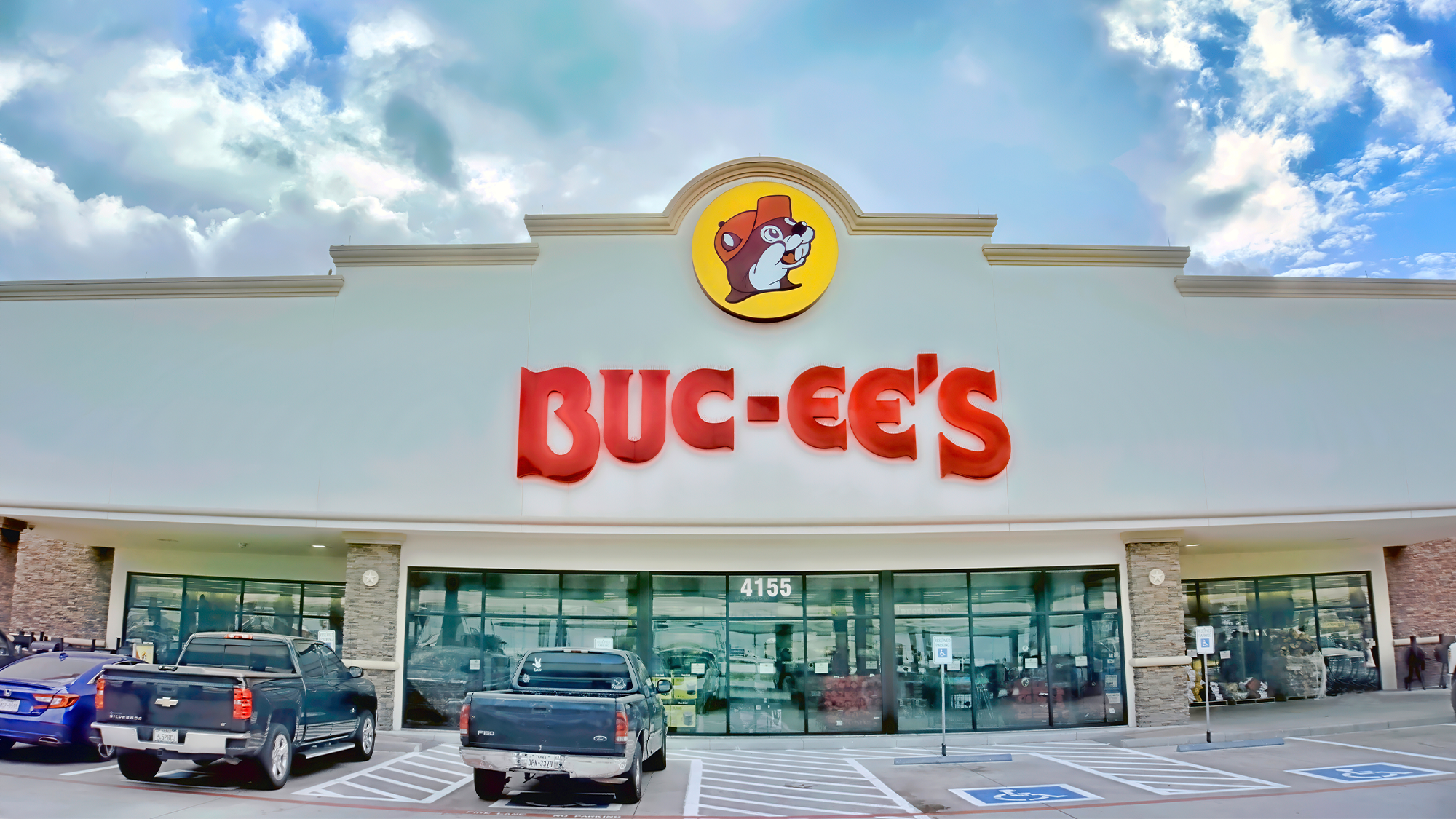

As the saying goes, “everything’s bigger in Texas.” That extends to one of the state’s famed roadside shopping hubs. Buc-ee’s boasts the world’s largest convenience store, largest car wash, and even the world’s cleanest restrooms among its numerous offerings to motorists traveling the Lone Star and six other states.
The travel center selling everything from jerky to gas grills can now boast that it has a species of ancient beaver named after its smiling cartoon beaver mascot. A team of researchers at The University of Texas at Austin (UT) found the fossilized beaver specimen in the school’s collection and named it Anchitheriomys buceei (A. buceei) after Buc-cee’s semi aquatic salesman.
[Related from PopSci+: Beavers, snails, and elephants are top grads from nature’s college of engineering.]
“Buc-ee’s was founded in 1982, but we may need to rethink our beginnings,” Arch “Beaver” Aplin III, the founder and CEO of Buc-ee’s, said in a statement regarding the company mascot’s place in Texas’ history.
The new species is described in a study published in the March issue of the journal Palaeontologia Electronica.
While driving down a highway in 2020, UT research associate and study co-author Steve May spotted a Buc-ee’s billboard that said “This is Beaver Country.” May thought back to fossils of the beaver fossils he studied at the university’s Texas Vertebrate Paleontology Collections.
“I thought, ‘Yeah, it is beaver country, and it has been for millions of years,’” May said in a statement.
The new paper describes A. buceei and another much smaller species of beaver and provides an overview of beaver occurrences along the Texas Gulf Coast from 15 million to 22 million years ago.

A. buceei roamed Texas about 15 million years ago during the Miocene. A previous study described the “Texas Serengeti” at the time, where large elephant-like animals, alligators, antelopes, and rhinos roamed the state. A. buceei was about 30 percent larger than the modern beavers scurrying across current-day Texas.
The UT collections includes A. buceei fossils from six sites in Texas, but most of what the researchers could learn about the old beaver comes from a unique partial skull from the eastern town of Burkeville, Texas. That fossil is a fusion of bone and brain cast that formed when sediment naturally seeped into the beaver’s brain cavity. This created a rock replica of the animal’s brain as a specimen fossilized.
[Related: Wolves and beavers can have magical ecosystem effects—if they have space to thrive.]
The team took high-resolution X-ray images of the skull to get a better look at the small anatomical details of the skull which helped May and co-author Matthew Brown, a paleontologist at UT, confirm that the skull belonged to a new species.
However, this team was not the first to suspect that this was a distinct new species of ancient beaver. When the skull was originally collected in 1941, a museum curator named Curtis Hesse from Texas A&M University noted that he intended to name it a new species. However, Hesse died in 1945 before he could complete his study and publish his findings. Eighty years later, a team equipped with new technology and more understanding of the fossil record picked right up where Hesse left off.
“New discoveries in the field capture lots of attention, but equally as valuable are the discoveries made in existing museum collections,” Brown said in a statement. “We know that these opportunities are littered throughout the drawers in these cabinets.”
